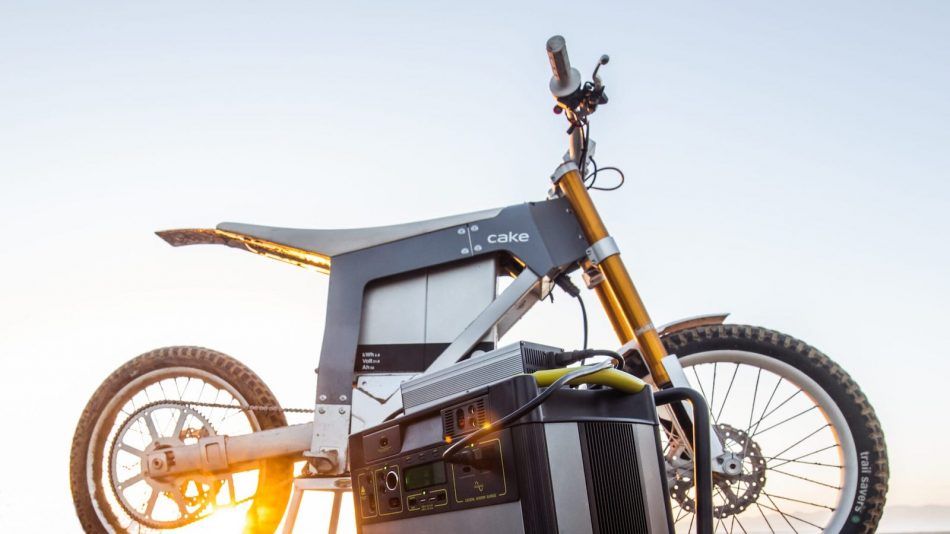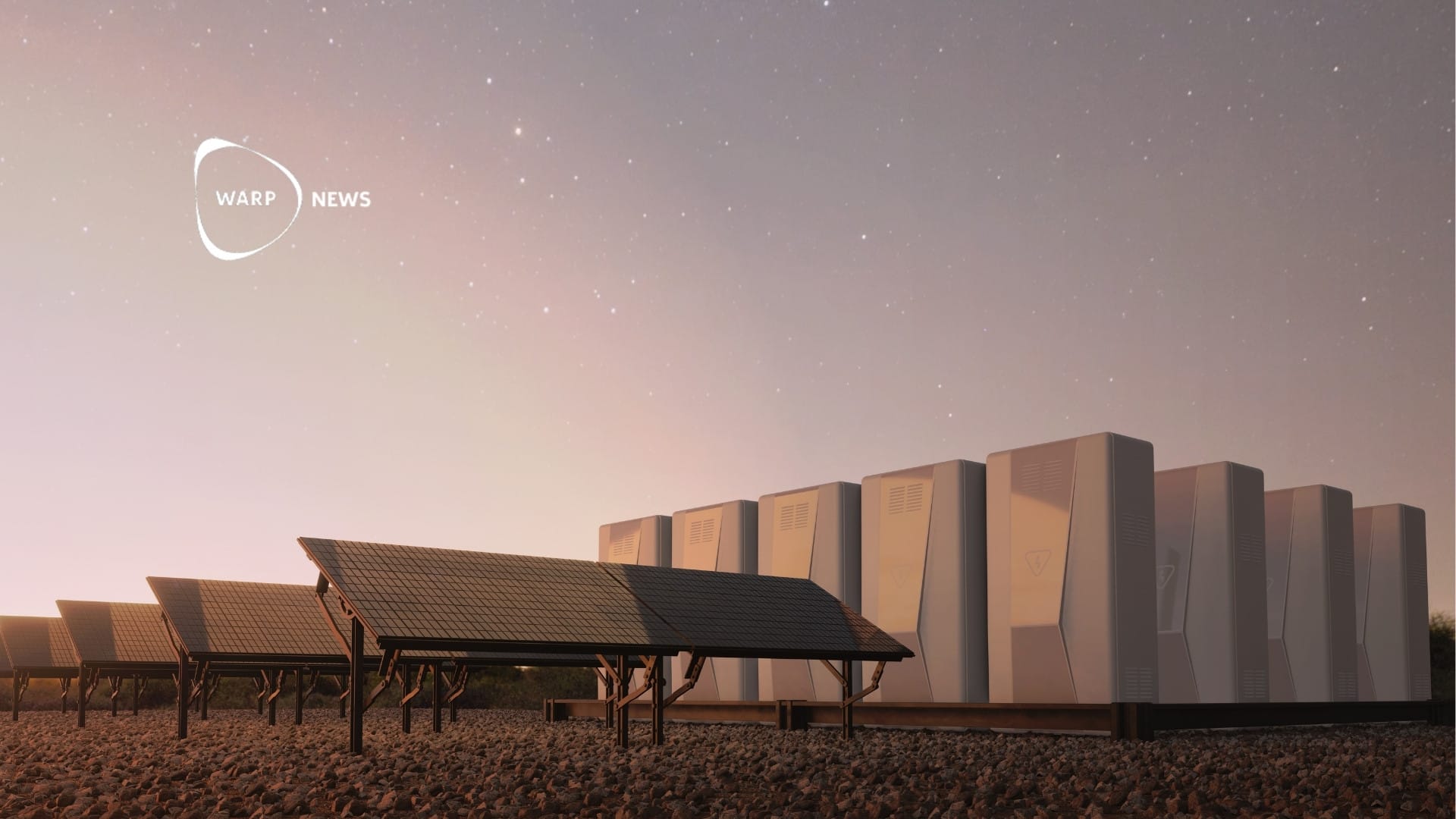
☀️Wildlife protectors get equipped with solar-powered motorbikes
This electric motorbike is solar-powered and quiet - an important trait when used to protect endangered animals from poachers in Africa.
Share this story!
Oftentimes, rangers who work to prevent poaching in Africa uses motorbikes to patrol the areas. The motorbikes are driven by gasoline which is both expensive and inaccessible - not very environmentally friendly either. Besides, the engines are also loud making it almost impossible to sneak up on poachers unheard. A collaboration between electric motorbike company CAKE, the Southern African Wildlife College and renewable energy expert Goal Zero might be the solution.
The partnership aims to help the anti-poaching efforts in Africa by substituting the vehicle currently in use by the rangers with quiet and energy-efficient solar-powered motorbikes.
Inhabitat reported that the electric motorbike is called Kalk AP and weighs merely 176 pounds. It holds over three hours of ride time with speeds up to 56 miles per hour.
“Solar power, new technology, and a new category of vehicles that help save endangered species in Africa. This is a perfect example of purpose meeting sustainability. We are extremely honored to be able to work with our partners on this initiative and to contribute to developing the means to help curb poaching in the region,” said Stefan Ytterborn, founder of CAKE, to Inhabitat.
This project will be funded through a “buy-one-give-one” charity campaign meaning that for each bike sold, CAKE will donate an identical one to the conservation efforts most in need of one.
CAKE and Goal Zero will also donate profits from the sale to the Southern African Wildlife College. Inhabitat writes that “purchases also contribute to solar panels and power station kits that connect the bikes to a communal power grid.”
The Southern African Wildlife College will start testing the bikes together with the solar kits that come with them as part of the project's educational program and training later in 2021 and deliveries are expected to begin in September.
Picture: CAKE via Optimist Daily
By becoming a premium supporter, you help in the creation and sharing of fact-based optimistic news all over the world.


